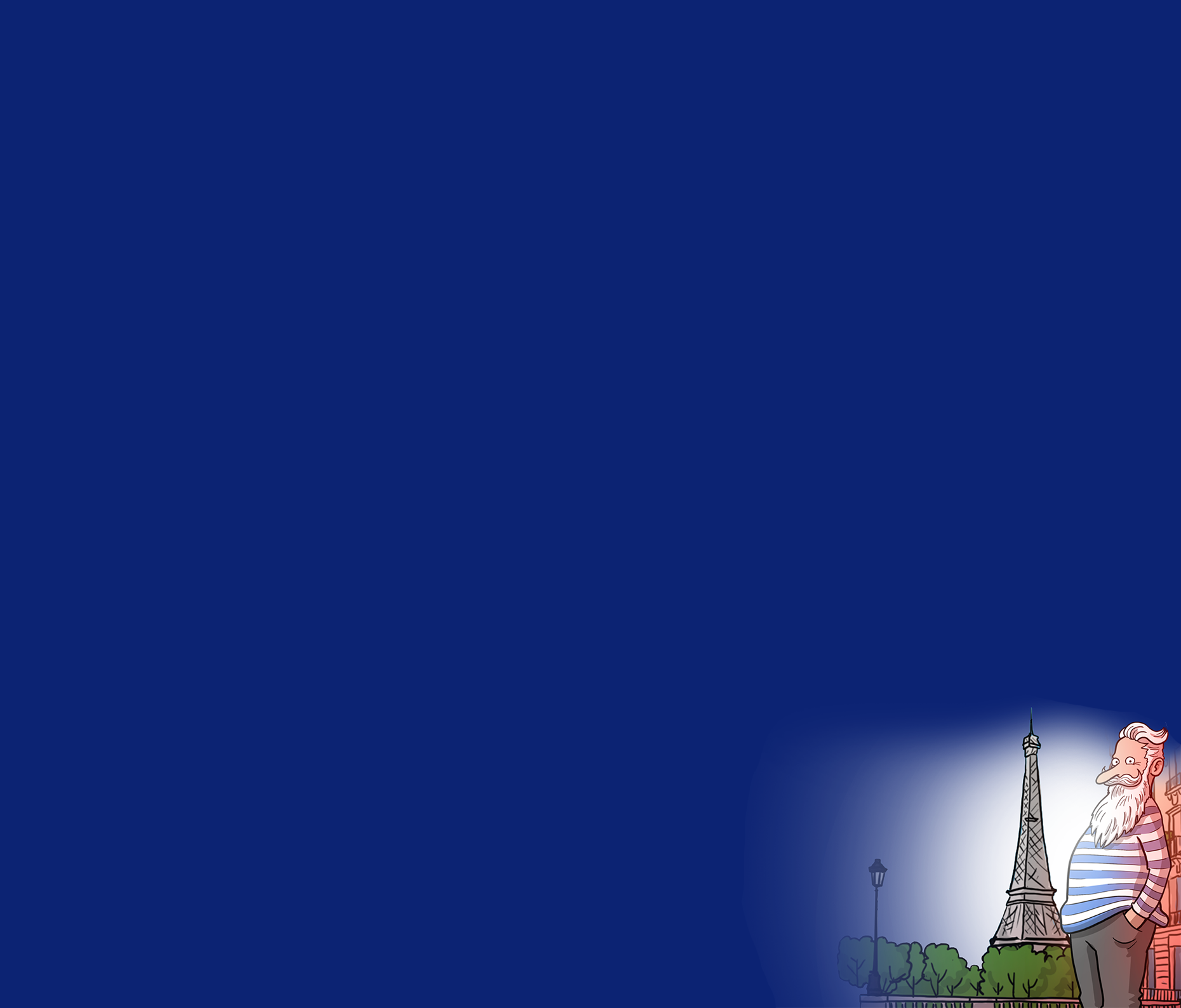The difference between beaucoup and très
Beaucoup is used to describe a large quantity, it means 'a lot' or 'much / many' in English. It serves as an adverb, and can be followed by a noun if we use beaucoup de. Examples:
J’aime beaucoup la France. I like France a lot.
Nous avons beaucoup d'amis en France. We have many friends in France.
Nous avons beaucoup d'amis en France. We have many friends in France.
Très means 'very' in English. It can be used with adjectives or adverbs.
Victor est très patient. Victor is very patient.
Marcel court très vite. Marcel runs very fast.
Marcel court très vite. Marcel runs very fast.
Pro tip:
• Beaucoup is never used with adjectives or adverbs (with the exception of plus and moins). If we want to qualify adjectives or adverbs, we use très ('very').
• Beaucoup is never used with adjectives or adverbs (with the exception of plus and moins). If we want to qualify adjectives or adverbs, we use très ('very').
Cette limousine est beaucoup grande. → Cette limousine est très grande. This limousine is very big.
Nous venonsbeaucoup souvent dans ce club. → Nous venons très souvent dans ce club.
Nous venons
• Très is also used with the following avoir expressions: avoir faim (to be hungry), avoir soif (to be thirsty), avoir mal (to be in pain), avoir envie (to want to), avoir peur (to be scared), etc.
J'ai très soif ! (et pas beaucoup soif) I'm very thirsty!
Nous avons très envie de rencontrer Victor. We are longing to meet Victor.
Still having trouble with 'The difference between beaucoup and très'? Master the rules of French grammar and improve your French level thanks to our online French lessons Frantastique. We're offering a 7-day free trial, so what are you waiting for?
What our users say:
Looking to improve French for beginners? Frantastique provides effective and fun training!
Tips for learning 'The difference between beaucoup and très'? Share them with us!

